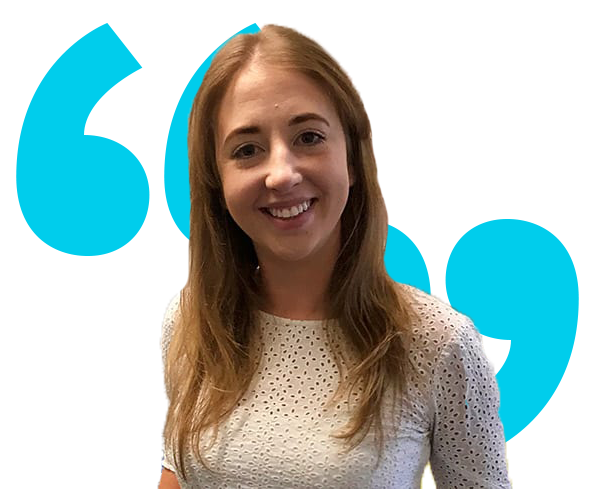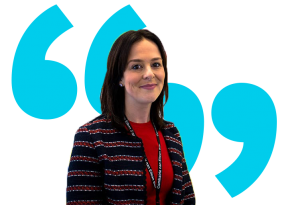Preparing for a teacher education interview
Teacher education interviews
When preparing for a teacher education interview treat it like any other interview. Interviews are always a bit daunting, but the better prepared you are the less scary they are. Take your time and make sure you give yourself enough time in the lead up to adequately prepare.
When interviewing for a postgraduate teacher education course some of the things you should focus on are recent examples of your experience with young people. Also think about your previous employment/education and think about how they are relevant to the skills you need to teach.
One of the main things interviewers are looking for are the transferable skills you’ll bring to the classroom. Your communication skills, ability to plan and solve problems, your creativity, and how you work with people. These are all crucial skills when it comes to teaching so don’t be afraid to talk about the times you’ve used them, no matter your background or the route you’ve taken in to the classroom.
Preparing for the teacher education interview
You know the skills that you need as a teacher, so prepare answers that show how your experience relates to them. Universities may have specific questions or tasks they would like you to prepare before your interview. Make sure and read over your interview invitations carefully so that you don’t miss any important details. And remember to give examples of times when your communication skills were important, how you’ve taken on feedback in the past, or times you adapted to the differing needs of students.
Other practical examples to focus on are your experiences planning lessons or organising a classroom. Don’t be afraid to show your creativity either. What novel solutions did you use for a lesson? Did you try an unorthodox solution for a particular lesson?
"I’m originally from Dublin, but moved to Scotland to work in a primary school four years ago. At St David’s I work in a promoted post as a Development Officer. I’m a member of the management team and I’m also developing play-based learning. I would encourage anyone to teach here – there’s so many great opportunities."Aoife Lambert – Primary Teacher at St David's RC Primary School

Sample teacher education interview questions
You should always prepare your answers to some of the common questions you could be asked. They might not come up, but chances are that your answers will be relevant to other questions you’ll be asked. Some general common questions include:
Depending on the type of teacher you are planning to be there may be more specific questions relating to the subject or age group you are going to teach. There may also be questions about your route into the profession and how your education is relevant to the subject you’re going to teach and being a teacher more generally.
It is also wise to prepare questions relating to safeguarding and child safety, as well as questions relating to diversity and inclusion. You might also be asked questions relating to the Curriculum for Excellence and your understanding of it.
Questions to ask in a teacher interview
Always have some questions of your own prepared. Now is the time to ask about any worries you have, such as the travel involved for placements or the demands of the timetable. It could even be questions relating to the materials and equipment needed for the courses and if these are supplied. These are for you to make sure this is the right course for you, and so you are ready to hit the ground running when you start.
"One of the main reasons I became a teacher was the ability to give something back to my community, particularly my Gaelic background. Teachers have always played an integral role in my life, teachers who believed in me, motivated me and inspired my learning. As a Headteacher, the extent of your responsibilities is inevitably, enormous – you have to make tough decisions as you balance your responsibilities."Anne Graham – Headteacher at Lochdar and Daliburgh Primary School

You may still be eligible for funding even if you’ve received financial support for a previous degree.
Living grants are also available for Scottish residents. Through SAAS, students who are single parents or who have adult dependents can apply for additional funding opportunities. For example, the Disabled Students’ Allowance is available to those who qualify. You may have to complete a needs assessment to prove your eligibility.
Further information about tuition fees for both undergraduate and PGDE courses in Scotland can be found on at www.saas.gov.uk.
